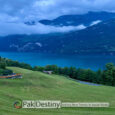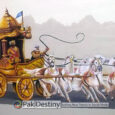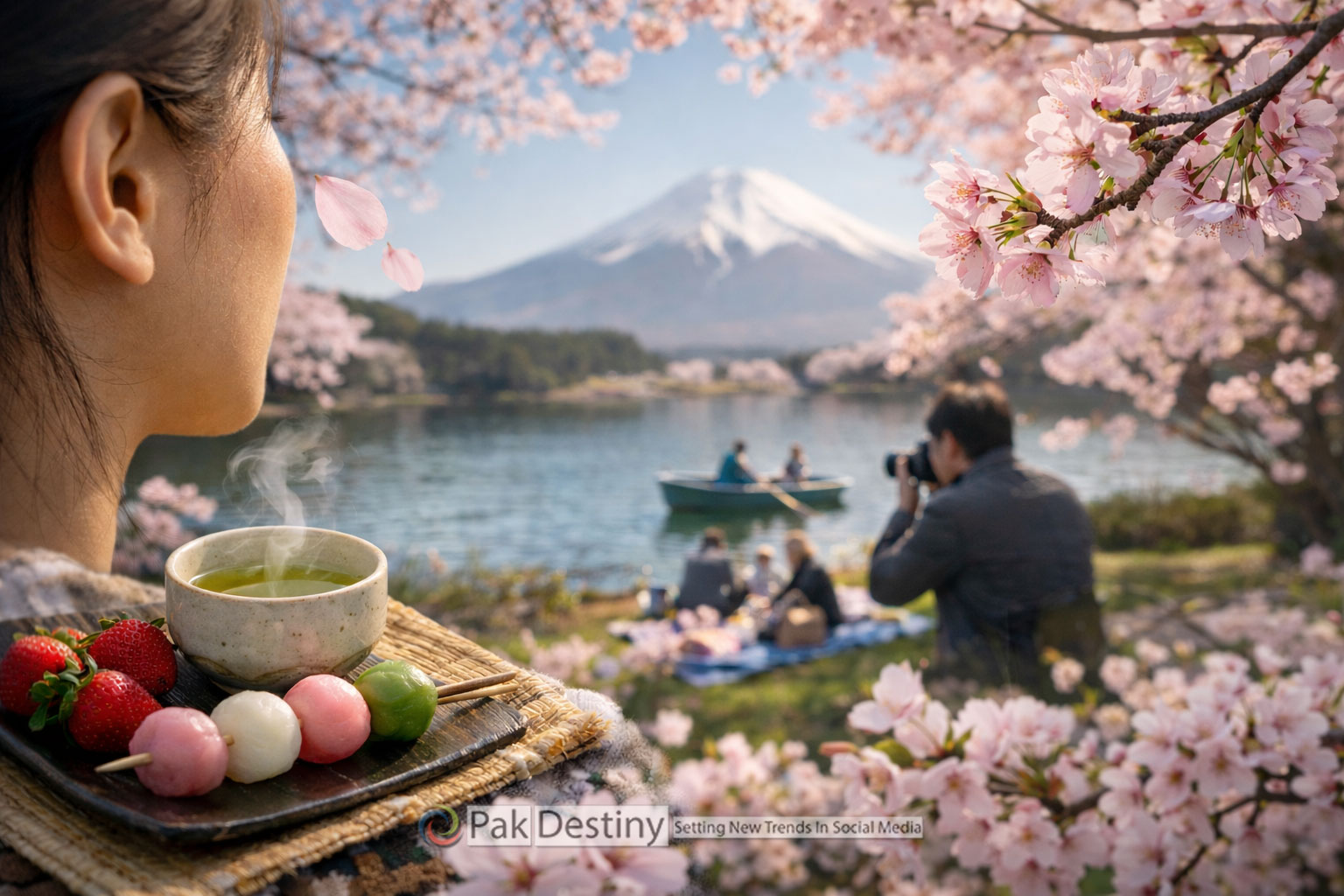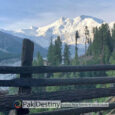
“Have you ever Googled the word ‘death’?” Zhanna asked us. “If you do, you’ll find terrifying images— frightening classical symbols like skulls and crossed bones, and horror metaphors like the dark shadows of demons. Isn’t that so?”
Daria and I immediately pulled out our cell phones to confirm.
“Now the question is: Is death our friend or foe? Is it demonic or part of a divine plan?”
I met Zhanna and Daria in Baku while participating in a guided walking tour of the Old City. Our group consisted of just the three of us and our charming guide from
Baku. After the tour, Zhanna and Daria accepted my invitation to continue the conversation over coffee.
Zhanna, of Russian descent, was working in a sea freight company in Hamburg, Germany. She had finished her official work in Baku a day earlier and decided to explore the city during her spare time. Her profession allowed her to pursue her passion for travel, and she had visited over forty-five countries by the time she was in her thirties. Daria was an author and avid traveler from Lithuania, currently working as a receptionist in a five- star hotel in Vilnius. Our shared love for travel sparked lively discussions. After coffee, we strolled along Baku Boulevard and sat by the beach of the Caspian Sea, where we began sharing our travel experiences.

The conversation turned to our scariest travel moments, times when trips nearly turned into disasters. I recounted a terrifying flight experience I had in China a few years ago, traveling from Yantai to Shanghai on a small passenger plane. The sky was filled with tumultuous, mammatus clouds; lightning and thunder raged with fury. The flight had been turbulent since takeoff, but after thirty minutes, our plane began to swing sideways and up and down with the wind. It felt like a scene from a horror movie. Oxygen masks dropped, and the passengers’ panic only heightened the fear. The last thought in my mind was that no one would be there to greet me at Shanghai airport, and I wondered how my family in Pakistan would be informed. Then I realized
that the airline always has a list of passengers. Zhanna and Daria shared similar experiences, and at that moment, Zhanna posed her thought-provoking question about death and Google.
“I often wonder why we are so intimidated by death,” Zhanna said. “In all major religions and beliefs, death is not seen as evil. It is brought by an angel of God in Judaism and Islam, part of a divine plan in Christianity, and is managed by the god of death in Hinduism. If most of the world’s population believes that death is delivered by a divine agent obedient to God, why are we so frightened of it?”
She continued, “I personally believe that the angel of death is our friend. We die only once, and for all other moments of our lives, the angel of death protects us from dangers that could end our journey. The angel of death is also our travel guide, saving us throughout our lives, but at one point, he will escort us to the superhighway leading to our creator—our God. Moreover, he is our constant companion, always reminding us that we have a purpose of life to fulfill in the time we have.”
“I agree with you, Zhanna. I’ve never been afraid of death,” Daria replied. “I view it as a natural phenomenon with a neutral role in the cosmic order, and I will embrace the impact of death gracefully.”
“But I have one problem with death,” Daria continued, “and that is that it often doesn’t give us a chance to say goodbye to our loved ones. Do you remember the monologue of Pi Patel in the book *Life of Pi* by Yann Martel? When Pi reflects on parting with Richard Parker, the tiger who shared his lifeboat? Let me read it to you.” Daria opened her phone to consult her notes.
“Pi said, ‘I suppose in the end, the whole of life becomes an act of letting go, but what always hurts the most is not taking a moment to say goodbye.’”
“I endorse your point, Daria, I was right beside my father when he died, but I still couldn’t say goodbye,” I recalled, remembering the moment he departed. “When he closed his eyes, we panicked and called the doctor, who tried everything to revive him. I felt so helpless standing just a few feet from his deathbed.”
“Later, it struck me that although I spent thirty-two years with him since my birth, I had several moments we truly connected—when we talked deeply, traveled together, and shared laughter. Those can be called true quality time. Quality time is measured by the good memories created with loved ones; the more good memories, the more quality time spent together. In the end, it’s not about the quantity of years but the quality of the moments shared. This thought brings me great relief,
knowing I have countless cherished memories with my father from those thirty-two years.”
Zhanna smiled and added her thoughts. “I agree. It’s like watching a good movie. It’s not about the length; it’s about the content and quality. Sometimes, it’s hard to sit through a three-hour bad movie in a beautiful, cozy multiplex, while a hundred-minute film can touch your heart and leave a lasting impact. You won’t feel sad about the film’s ending; instead, you’ll leave the cinema smiling, cherishing the beautiful moments it provided.
Saying goodbye to loved one isn’t necessary; if you’ve
experienced a good relationship that resonated with you on all levels, the memories it creates will linger in your long-term memory.” She continued, “Another comforting thought is that I believe I will reunite with my mother in heaven one day. The beautiful memories I have of her bring a smile to my face, and the thought of meeting again in heaven is the cherry on top.”
“Do you believe in the afterlife and resurrection?” she asked me.
“Yes, of course. It’s part of our belief system. Logically, I see it another way. I believe in a God who embodies justice at the highest level of organization. Look at this universe: it is structured, planned, and operates on principles of justice in every action of every part and particle of nature. Everything moves in harmony, with
each participant—whether the sun, moon, weather, or seas—performing its role justly. However, humans are the only participants who often act unjustly. We witness the cruelty of some individuals who never face justice in this world—many rulers, killers, and oppressors.
Conversely, we sometimes perform good deeds without
receiving recognition or reward. Therefore, I believe that just as I observe divine justice in the universe, God will ultimately ensure justice for humankind after this life— through life after death, where rewards and punishments for our actions will be addressed.”
Zhanna’s eyes sparkled as the discussion about life after death reminded her of something very important.
“I sometimes seek the guidance of the angel of death— my friend—to help set my goals and objectives in alignment with my purpose in life,” Zhanna shared. “There are moments when I close my eyes and visualize my own death, dreaming about the final destination of my journey. This vivid detailing of our ultimate destination helps shape the entire strategy and goals we pursue throughout our lives. It clarifies what we need to prioritize on our journey to ensure we reach that final destination. If you wish to have your family and children with you there at the moment of departure, you must give them importance at every stage of your life. The best scenario in visualizing this final destination is
achieving a balance across all five chapters of life: family, career, health, society, and Me-time.”
As the sun began to set, melting into the Caspian Sea and creating a mesmerizing view, we fell into a contemplative silence, spellbound by the beauty around us. I closed my eyes to visualize my own final destination.

Rana Sohail Ahmad, a multifaceted author, entrepreneur, and philanthropist. With a background in Engineering and Business Administration, he’s the founder and CEO of Four thriving Global companies. Beyond his professional success, Rana is deeply interested in psychology, history, Technology and social sciences. He’s also an avid cyclist, yoga instructor, and health trainer. However, his most significant endeavor is the Quest of Happiness Foundation (QHF), which he founded to spread happiness and well-being. QHF conducts workshops on happiness, physical health, and career planning, especially for teenagers and university graduates, while also taking part in social initiatives like cleaning and plantation campaigns. Rana Sohail Ahmad’s upcoming book offers a unique blend of personal growth, and social responsibility, all centered around the theme of happiness with scientific and management practices.






